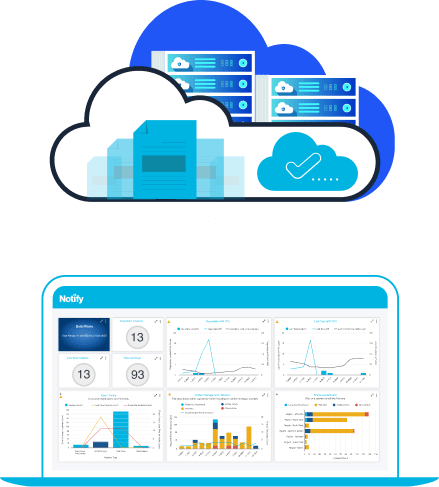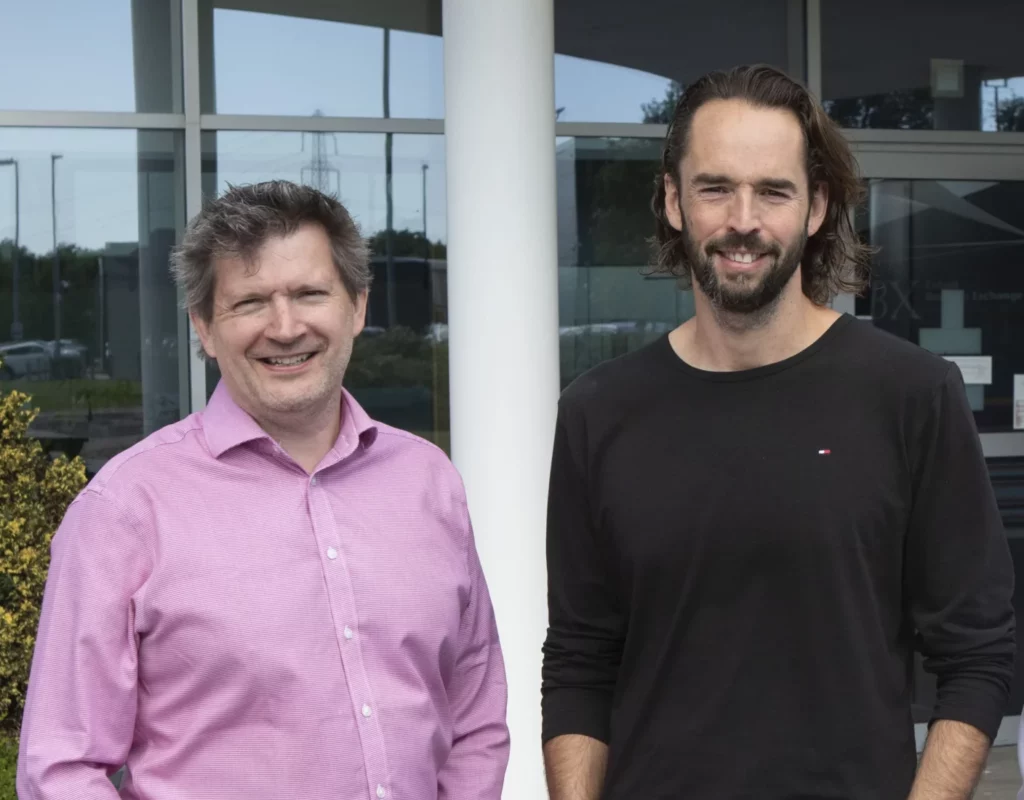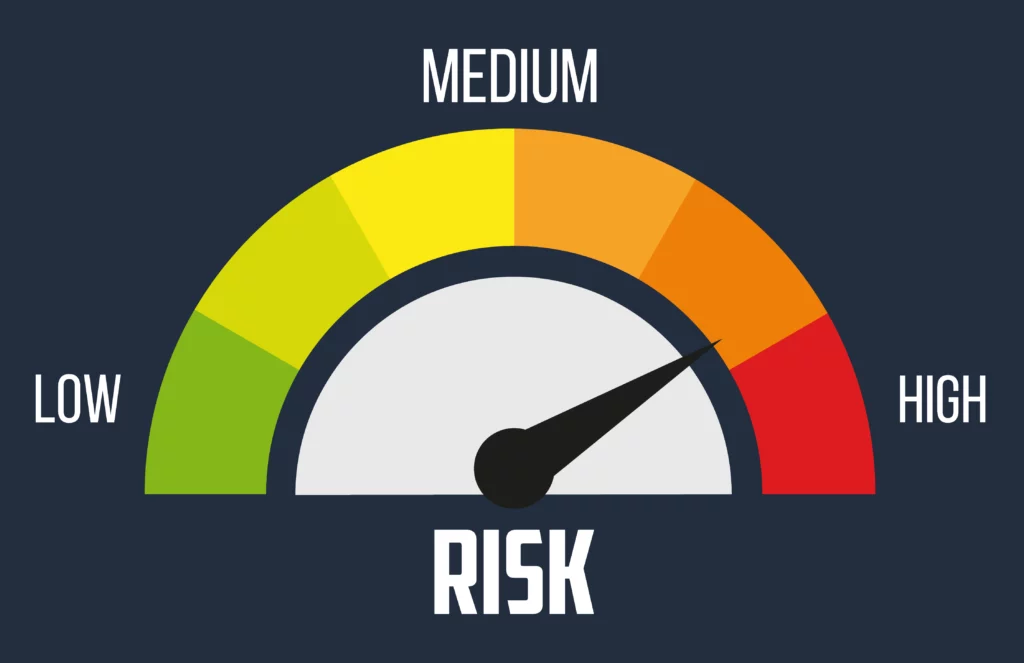Part 2
Please read part 1 before continuing to understand what we mean by artificial intelligence and data science…
What is a Data Science team?
A data science team is composed of people who are strong in three core areas: statistics, programming and business acumen.
At Notify Technology, the following people can be found in the data science team:
Data Scientist – someone who uses statistical methods, machine learning algorithms and many other tools to analyse data and make predictions. Additionally, data scientists may contribute to the development of data products such as chatbots and recommender systems. It is often said that a data scientist is someone who’s better at programming than a statistician and better at statistics than a programmer.
Data Engineer – building, testing and maintaining data pipelines is the bread-and-butter of a data engineer. In other words, data engineers are software engineers specialising in technology infrastructure and data collection, management and storage. Usually, a data engineer works closely with data scientists on two critical aspects of data science overall: data quality and data preparation.
The diagram below showcases how each of the three skills mentioned above are leveraged in a data science team:

In order to make AI that is useful for a business, coding skills and statistical knowledge alone are not enough – an effective data science team will be able to apply domain expertise and leverage the results produced by predictive models to generate business value.
So, what can data science do for your business?
It probably isn’t a surprise that to benefit from data science, you must hold some data to some extent. Nowadays, businesses can fall into one of two categories: those who collect and store data for monetisation as part of their business model and those who collect and store data as a side effect of their operations. For example, if you conduct surveys and sell the findings to other businesses, you fall into the former category; if you run a chain of restaurants and keep data about your sales, customers and employees then you fall into the latter. In conclusion, it’s very rare for a business to not work with data at all in this day and age.
Let’s think about what a data science team can do for the former category of businesses:
- Design and execute a data collection strategy
- Analyse the collected data
- Predict future trends from the collected data
- Implement data storage solutions in line with the volume and complexity of your data
For the latter category, a data science team can help:
- Design and execute a data collection strategy
- Analyse the collected data
- Predict future trends from the collected data
- Implement data storage solutions in line with the volume and complexity of your data
We hope you noticed that both business types can leverage data science in exactly the same ways. Of course, the degree to which a business can leverage data science varies, but the point is that you will inevitably stumble across some data during your journey and having someone skilled in statistics and programming who understands your needs can help you reduce costs, automate tedious tasks and optimise the way you generate revenue.
But is there anything data science can’t do? – It sounds too good to be true!
It is important to not confuse data science with other disciplines as this can cause inefficiencies within a business. For example, a data science team will not be able to:
- Generate more revenue directly
- Reduce your overheads
- Develop end-to-end software solutions without the aid of software engineers
But your data science team can use data to:
- Highlight the most important factors for generating revenue
- Suggest ways to optimise costs
- Work together with software development teams to deliver data products
The key takeaway here is that a data science team is like an advisor who works with data – whether the business follows their advice and acts upon the insights produced is up to you.
Should I think about hiring a data science team for my business?
Well, it depends on how much data you are collecting, storing and processing. As a general guideline, if your answer to any of the following questions is “yes”, then you might benefit from data science.
- Are you currently holding or expecting to be collecting and storing thousands of data points about your customers and operations and could benefit from predicting future trends on this data?
- Do you plan on delivering a data-centred product as part of your business strategy?
- When making business decisions, do you first check to see what the data is saying?
Notify Technology definitely answers “yes” to all three questions!






































































